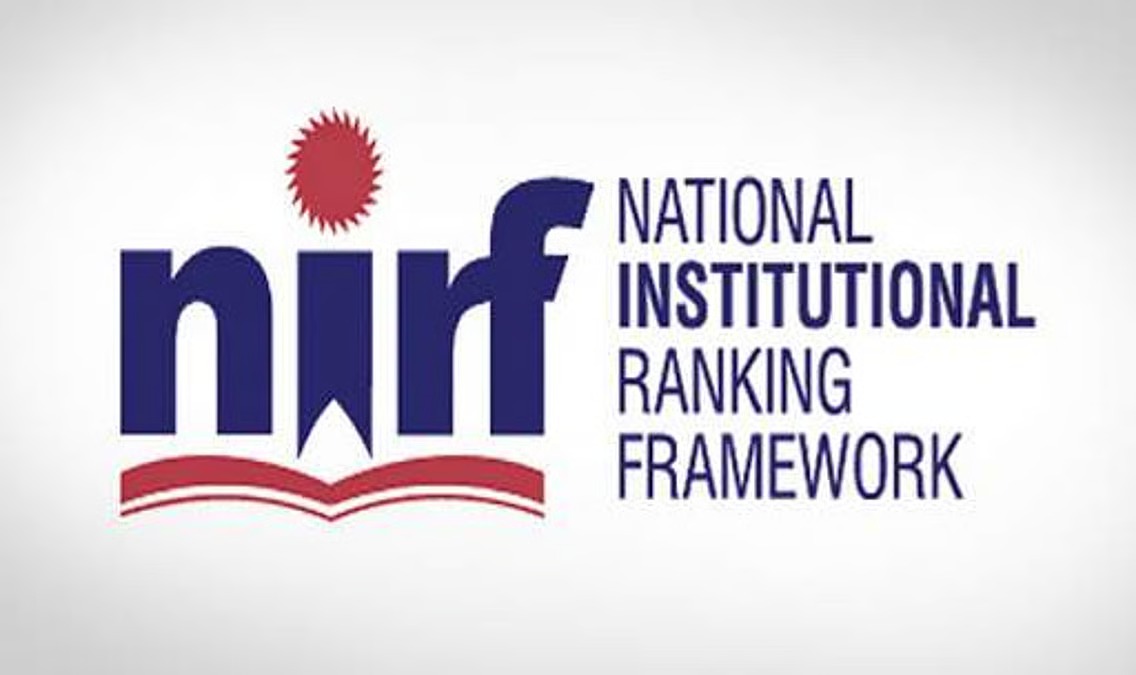A coalition of leading Indian universities has called for a comprehensive reform of the Ministry of Education’s National Institutional Ranking Framework (NIRF), citing outdated criteria and controversial perception metrics. The demand aims to enhance transparency, fairness, and relevance in the nation’s foremost higher education ranking system.
Universities Push for Major Reforms in NIRF Rankings
Several top Indian universities, including representatives from IITs, National Institutes of Technology, and state universities, gathered in New Delhi to voice strong concerns over the existing NIRF ranking system implemented by the Ministry of Education. This call for a overhaul comes after controversies linked to the 2025 rankings delayed by third-party auditing.
Participants highlighted that the ranking criteria have remained largely static for a decade despite significant changes in higher education and research landscapes. The ‘Perception’ metric, which accounts for 10% of the overall score, was criticized as subjective and potentially skewed, with calls for its removal or revision.
Education Secretary Vineet Joshi chaired the meeting, emphasizing the government’s openness to reform, supported by inputs from key academic stakeholders like National Board of Accreditation chairperson Anil Sahasrabudhi and IIT representatives from Roorkee, Mumbai, Madras, Delhi, and Bhubaneshwar.
Why Revamp Is Needed
The universities argued that NIRF must evolve to accurately reflect modern challenges, such as incorporating international standards, improving research assessment methods, accounting for diverse institutional missions, and placing stronger emphasis on student and faculty experiences. Concerns were also raised about lack of transparency and delayed publication of rankings impacting institutional reputations.
Important Points
NIRF launched in 2015, ranks institutions on Teaching, Learning & Resources, Research, Graduation Outcomes, Outreach & Inclusivity, and Perception.
In 2025, third-party firm Ernst and Young audited rankings after controversies, delaying the release.
Universities reject the 10% weightage given to Perception due to its subjective nature.
Calls for inclusion of advanced metrics including sustainability and innovation, aligned with National Education Policy goals.
The meeting indicated potential future reforms to include more objective, data-driven, and fair evaluation frameworks.
Major Takeaways
The universities’ united stance signals a critical juncture for India’s higher education ranking system. Stakeholders urge the Ministry to enhance NIRF’s reliability and fairness, ensuring it fuels institutional improvement while truly serving students and academia. The government’s willingness to engage reflects a positive step toward transparent, dynamic reforms.
Sources: The New Indian Express; Hindustan Times

